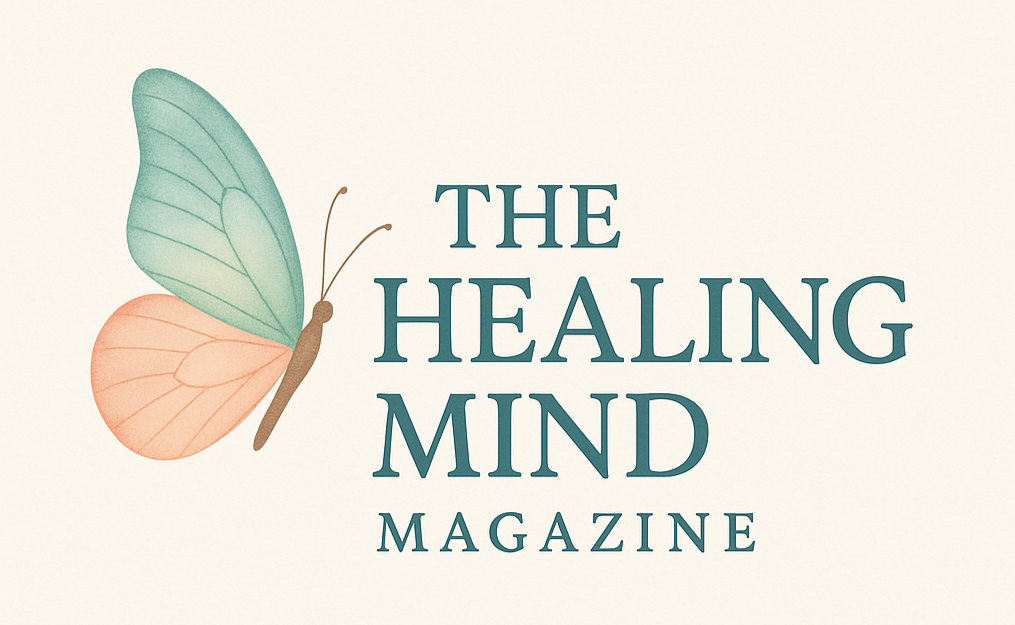The Power of Voice: How the Sound We Hear Shapes Our Lives
Introduction
From the soothing lullabies sung to us as infants to the commanding speeches of leaders, the human voice has a profound impact on our emotions, thoughts, and actions. This article explores the various ways in which the sound of a voice influences our lives, examining its effects on our psychological well-being, social interactions, and even our physical health.
The Emotional Resonance of Voice
The tone, pitch, and rhythm of a voice can evoke a wide range of emotions. A calm and steady voice can soothe anxiety and provide comfort, while a harsh or agitated tone can provoke stress and fear. Studies have shown that listening to certain types of voices can release neurotransmitters like dopamine and serotonin, which are associated with feelings of happiness and relaxation. This is why we often find solace in the voices of loved ones and why certain voices, like those of therapists or meditation guides, can be particularly effective in promoting mental health.
Voice and Social Connection
Our voices play a crucial role in building and maintaining social connections. The sound of a familiar voice can strengthen bonds and foster a sense of belonging. On the other hand, unfamiliar or unfriendly voices can create distance and mistrust. Voice also carries non-verbal cues that are essential for communication, such as sarcasm, irony, and empathy. The ability to interpret these vocal cues accurately is fundamental to navigating social interactions and building meaningful relationships.
The Influence of Voice on Perception
The way we perceive someone’s voice can significantly influence our opinions and judgments about them. For instance, a deep, resonant voice is often associated with authority and competence, while a high-pitched voice may be perceived as less confident or serious. This phenomenon extends to various aspects of life, including professional settings, where vocal characteristics can affect hiring decisions, leadership opportunities, and overall career success.
Voice and Physical Health
Interestingly, the impact of voice extends beyond psychological and social realms to physical health. Listening to soothing voices or engaging in vocal activities like singing can lower blood pressure, reduce stress levels, and improve overall heart health. Vocal therapy is also used in medical treatments to help patients with speech and swallowing disorders, demonstrating the tangible benefits of voice on physical well-being.
The power of voice is undeniable. It shapes our emotions, influences our social interactions, affects our perceptions, and even impacts our physical health. Understanding the profound influence of voice can help us harness its potential to improve our lives and the lives of those around us. Whether through mindful listening, effective communication, or therapeutic practices, the sound of a voice is a powerful tool that can inspire, heal, and connect us all.
4o

Ryan P – Life Purpose Author












